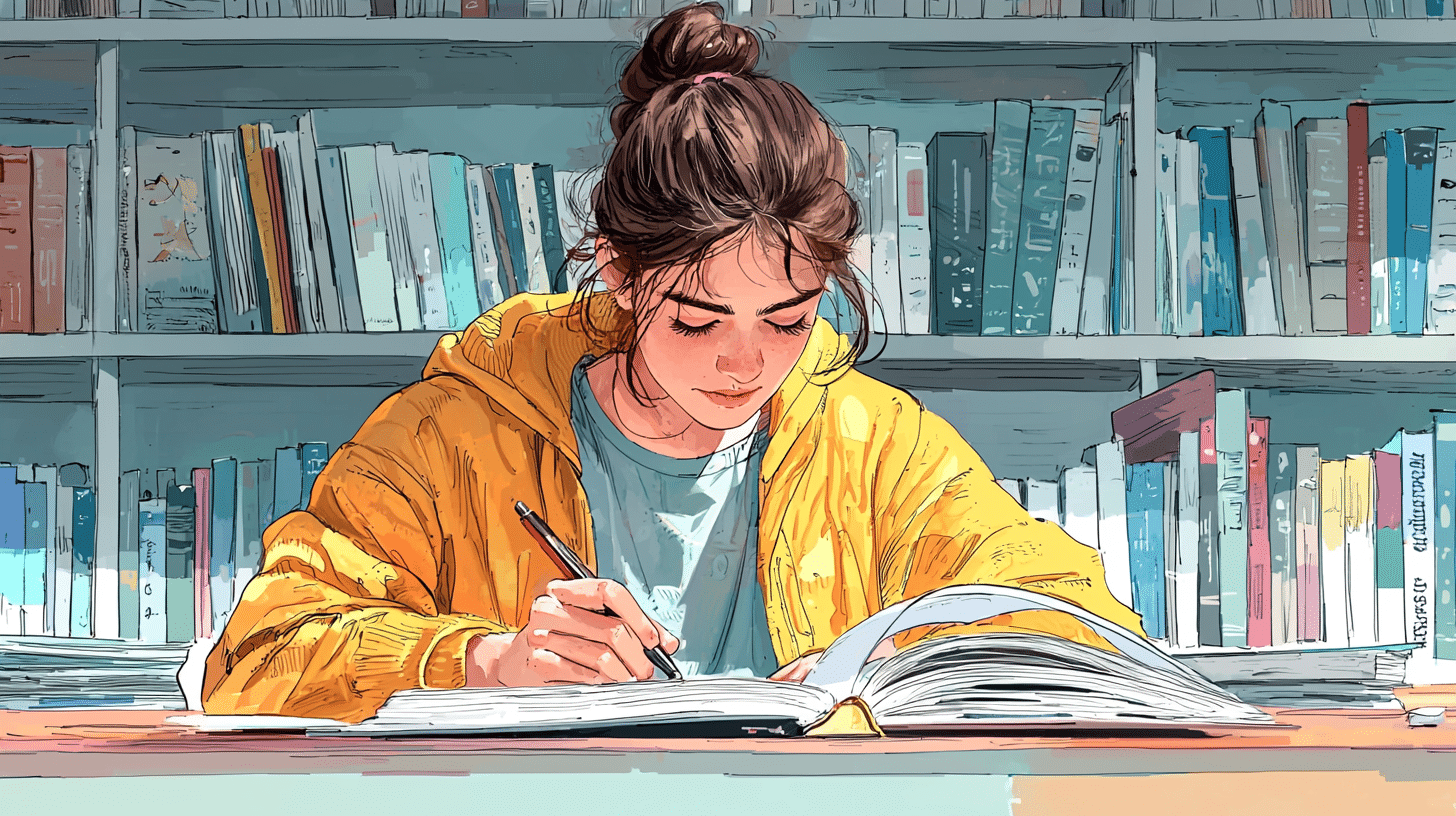
Mastering possessive forms in Romanian is essential for anyone looking to gain fluency in the language. Whether you are a beginner or looking to refine your skills, understanding how to properly use possessive adjectives and pronouns can significantly enhance your communication abilities. Romanian possessive forms can be tricky, as they vary depending on the gender, number, and case of the noun they modify. Our exercises will guide you through these complexities, providing you with the practice you need to feel confident in using possessive forms correctly. Our carefully curated exercises cover a range of difficulty levels and contexts, ensuring that you can apply possessive forms in both everyday conversations and more formal settings. From identifying the correct possessive adjectives for different nouns to constructing sentences that accurately reflect ownership, these exercises will help solidify your understanding. By practicing regularly, you'll develop a natural instinct for choosing the right possessive form, making your Romanian language skills more precise and effective. Dive into our exercises and watch your proficiency in Romanian possessive forms grow!
1. Aceasta este cartea *mea* (possessive form of "my" for a singular feminine noun).
2. Am vizitat casa *lui* (possessive form of "his" for a singular feminine noun).
3. Caietul *tău* este pe masă (possessive form of "your" for a singular masculine noun, informal).
4. Florile *ei* sunt frumoase (possessive form of "her" for a plural noun).
5. Aș vrea să împrumut mașina *voastră* (possessive form of "your" for a singular feminine noun, formal/plural).
6. Pantofii *lor* sunt în hol (possessive form of "their" for a plural noun).
7. Copiii *noștri* se joacă afară (possessive form of "our" for a plural noun).
8. Am găsit cheia *ta* pe birou (possessive form of "your" for a singular feminine noun, informal).
9. Aceasta este pisica *lui* (possessive form of "his" for a singular feminine noun).
10. Îmi place stiloul *ei* (possessive form of "her" for a singular masculine noun).
1. Casa *mea* este foarte mare. (my house)
2. Câinele *lui* este foarte prietenos. (his dog)
3. Cartea *ei* este pe masă. (her book)
4. Telefonul *lor* este nou. (their phone)
5. Pisica *ta* a fugit în grădină. (your cat, singular)
6. Bicicleta *noastră* este roșie. (our bike)
7. Fratele *meu* este mai mic decât mine. (my brother)
8. Prietenii *voștri* vin la petrecere. (your friends, plural)
9. Mașina *lui* este în garaj. (his car)
10. Florile *lor* sunt foarte frumoase. (their flowers)
1. Cartea *mea* este pe masă (my book).
2. Am văzut casa *lui* ieri (his house).
3. Pantofii *ei* sunt foarte frumoși (her shoes).
4. Bicicleta *ta* este în curte (your bike).
5. Telefonul *nostru* este pe birou (our phone).
6. Am întâlnit prietenii *voștri* la cinema (your friends, plural).
7. Pisica *lor* doarme în grădină (their cat).
8. Am uitat cheia *mea* acasă (my key).
9. Fratele *tău* este în clasa mea (your brother).
10. Am citit scrisoarea *lor* de ieri (their letter).